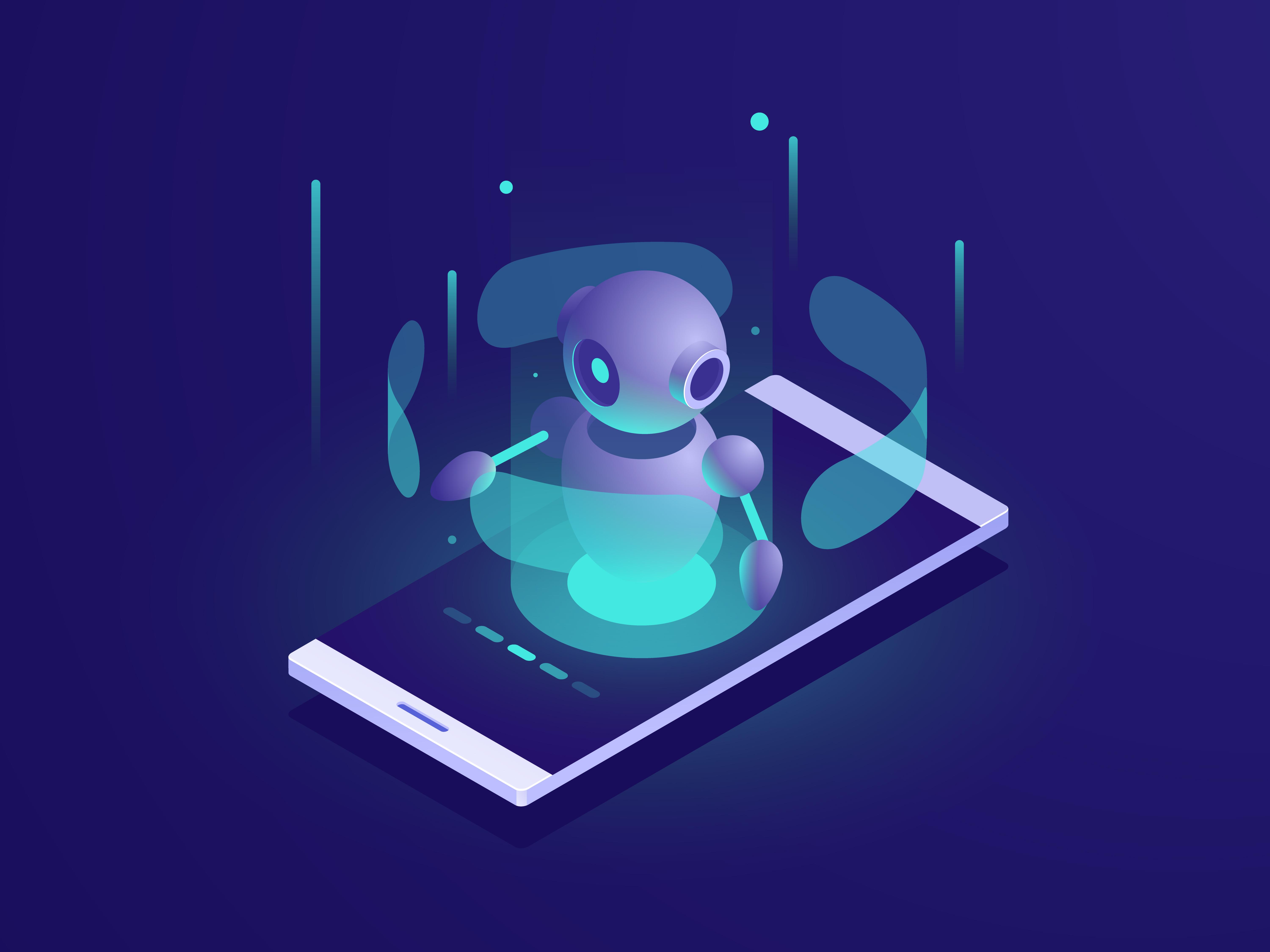When considering an enterprise AI chatbot development service, it's essential to focus on features that enhance functionality, improve user interactions, and streamline business processes. An effective enterprise AI chatbot is not just a tool but a strategic asset that can drive operational efficiency and customer satisfaction. By incorporating key features such as natural language understanding, multi-channel support, and robust security, businesses can ensure their chatbot delivers value and meets organizational goals. This guide outlines the must-have features that will help you build a powerful and effective enterprise AI chatbot.
1. Natural Language Understanding (NLU)
Natural Language Understanding is crucial for any AI chatbot. It allows the chatbot to comprehend and process human language accurately. This involves:
- Intent Recognition: Understanding the purpose behind user inputs.
- Entity Extraction: Identifying and categorizing key pieces of information from the conversation.
2. Multi-Channel Support
Enterprise chatbots should support multiple communication channels, such as:
- Website: Integration with your company's website.
- Mobile Apps: Availability on iOS and Android platforms.
- Social Media: Interaction via platforms like Facebook Messenger, WhatsApp, or Twitter.
- Email and SMS: Support for additional communication channels as needed.
3. Personalization and Context Awareness
To provide relevant and engaging interactions, chatbots should:
- Personalize Conversations: Use user data to tailor responses and recommendations.
- Maintain Context: Remember context from previous interactions to provide coherent and relevant responses throughout the conversation.
4. Advanced Analytics and Reporting
Analytics and Reporting features help monitor and measure the chatbot’s performance. Essential metrics include:
- User Engagement: Track interactions and engagement levels.
- Conversion Rates: Measure how effectively the chatbot achieves its goals (e.g., lead generation, support resolution).
- Feedback Analysis: Collect and analyze user feedback to identify areas for improvement.
5. Integration with Enterprise Systems
For optimal functionality, chatbots should integrate seamlessly with existing enterprise systems, such as:
- Customer Relationship Management (CRM): To access and update customer information.
- Enterprise Resource Planning (ERP): For managing business processes and data.
- Helpdesk and Ticketing Systems: To facilitate customer support and issue resolution.
6. Robust Security and Compliance
Given the sensitivity of enterprise data, security and compliance are paramount. Features should include:
- Data Encryption: To protect data during transmission and storage.
- Access Controls: Restrict access based on user roles and permissions.
- Regulatory Compliance: Ensure adherence to relevant regulations such as GDPR or HIPAA.
7. Seamless Human Handoff
While AI chatbots handle many queries, there should be a mechanism for seamless human handoff when the chatbot cannot resolve a request. Features to support this include:
- Escalation Protocols: Automatically transfer complex or sensitive issues to human agents.
- Context Transfer: Pass along the conversation history and relevant details to the human agent.
8. Automated Workflow and Task Management
Enterprise chatbots should automate routine tasks and workflows to boost efficiency. This might include:
- Appointment Scheduling: Automate booking and calendar management.
- Data Entry: Streamline data collection and entry processes.
- Notifications and Reminders: Send automated alerts for upcoming events or deadlines.
9. Multilingual Capabilities
To serve a global audience, chatbots should support multiple languages. This includes:
- Language Detection: Automatically identify the user’s language.
- Translation and Localization: Provide responses in the user’s preferred language and adapt content to regional nuances.
10. Customizable Responses and Skills
The ability to customize responses and add specialized skills is vital. This feature allows:
- Response Customization: Tailor responses to match the company’s tone and branding.
- Skill Addition: Enhance the chatbot’s functionality with additional capabilities, such as handling specific queries or integrating with new services.
Conclusion
Implementing an enterprise AI chatbot with these must-have features will greatly enhance its effectiveness and utility. By focusing on natural language understanding, multi-channel support, personalization, and robust security, you can create a chatbot that not only meets business needs but also provides a superior user experience. Regular updates and improvements based on analytics and feedback will ensure that the chatbot continues to evolve and add value to your organization.

